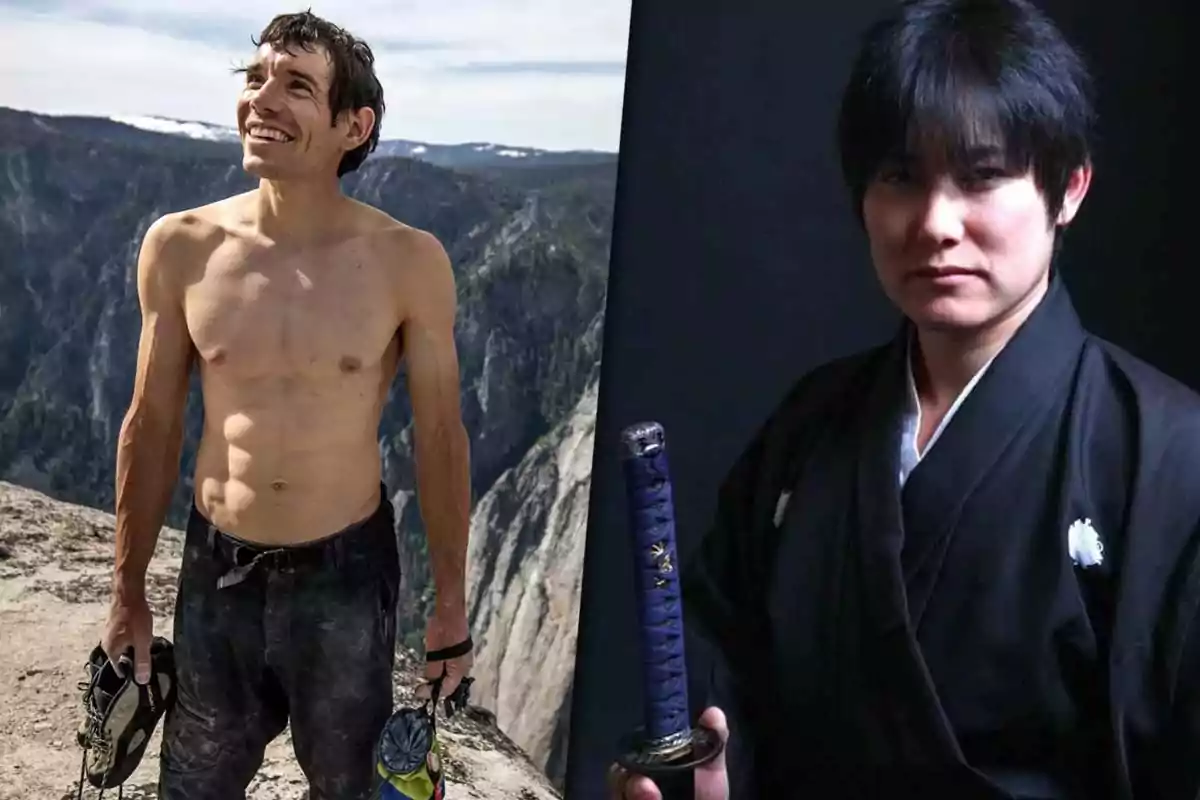
Real superhuman abilities: the 5 cases that astonish science
From prodigious memory to extreme endurance: science explains these real 'superpowers.'
Infinite memory, overwhelming strength, or superhuman endurance? Far from science fiction, there are people who truly have abilities that seem straight out of a comic book.
Some owe it to their genetics. Others, to training. In all cases, science has already begun to discover how these real human "superpowers" work.
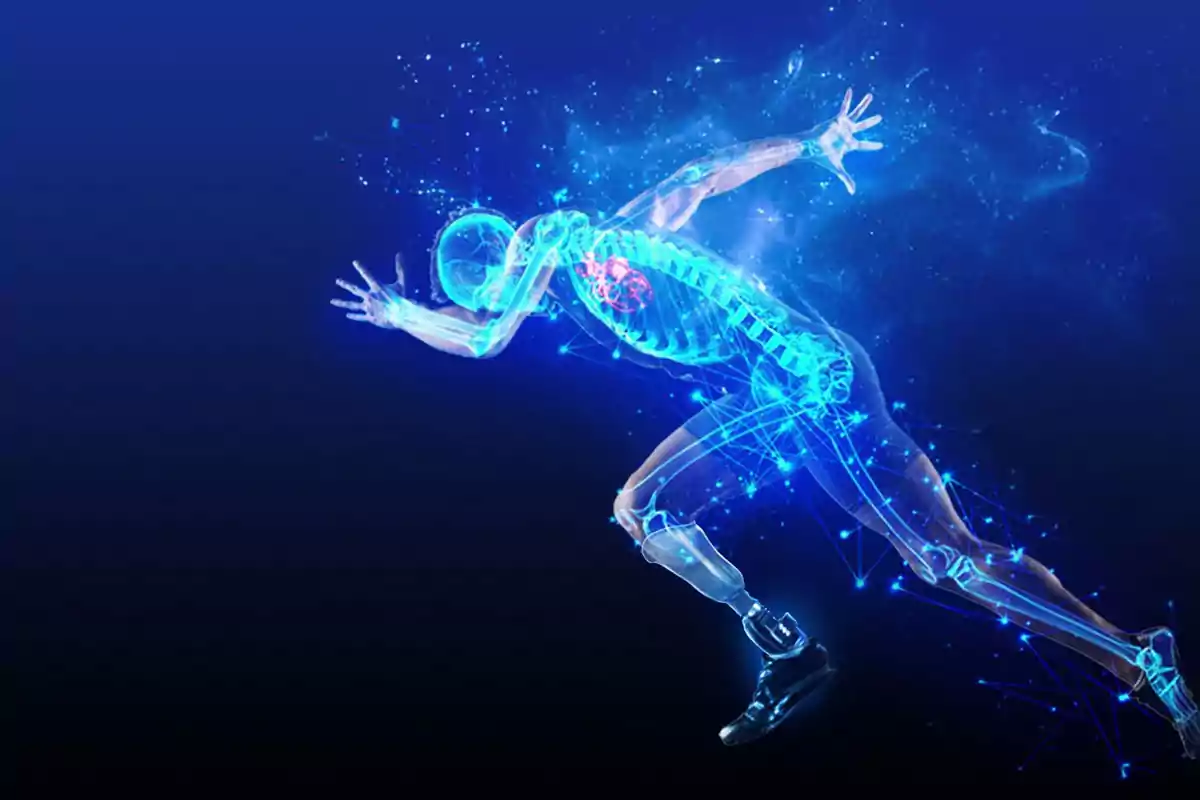
Do human superpowers exist?
The answer is yes, even if they don't involve flying or shooting rays. Humans have extraordinary abilities that today can be explained by biology or neuroscience.
- Some arise from genetic mutations, as in the case of the Sherpas in the Himalayas.
- Others are developed through extreme training, as in elite athletes or memory champions.
- There are even those who overcome fear with mental techniques, such as Alex Honnold.
1. Alex Honnold: the climber who doesn't feel fear
The renowned American climber can scale vertical walls without ropes or protection. His brain literally doesn't react to stimuli that cause terror in others.
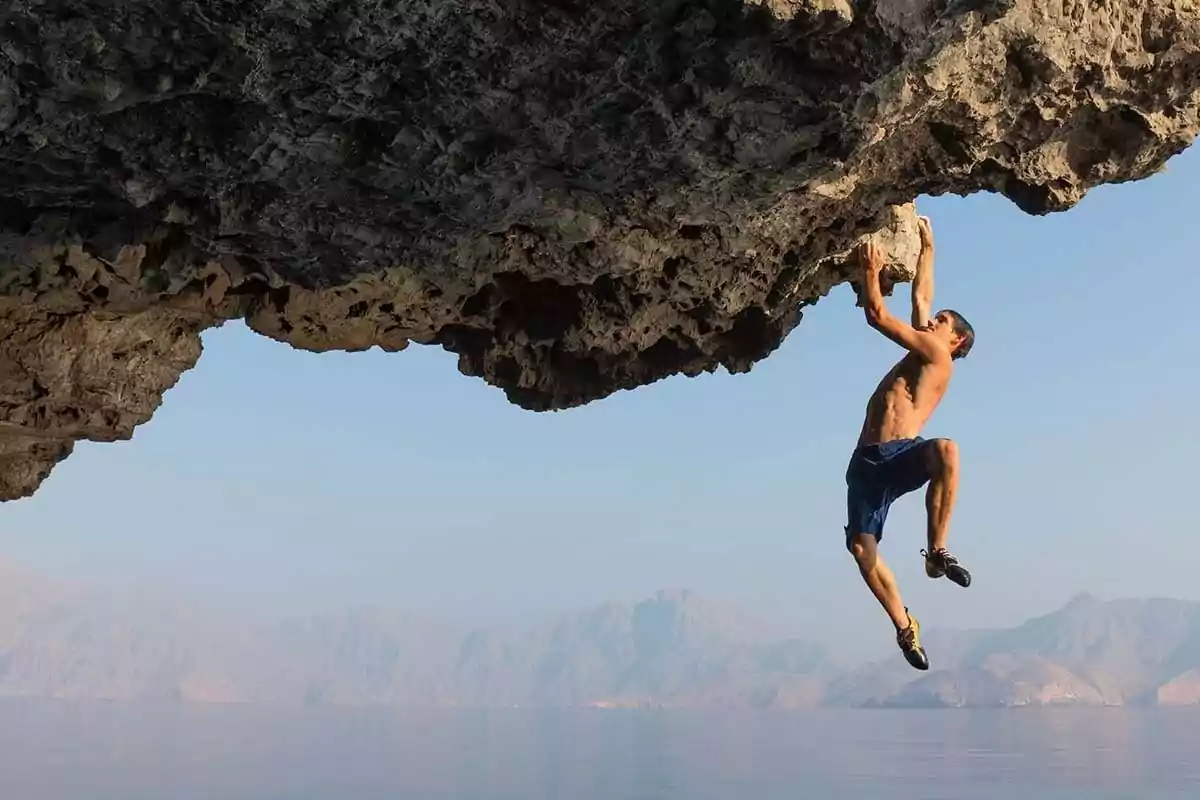
In functional magnetic resonance imaging studies, his amygdala showed an almost null response to shocking images. His ability to control fear makes him a unique case studied by neuroscience.
2. The Sherpas: resistant to oxygen like no one else
Living in the Himalayas isn't for everyone. However, Sherpas have been doing it for thousands of years. Thanks to their genetics, they developed mutations that optimize oxygen use.
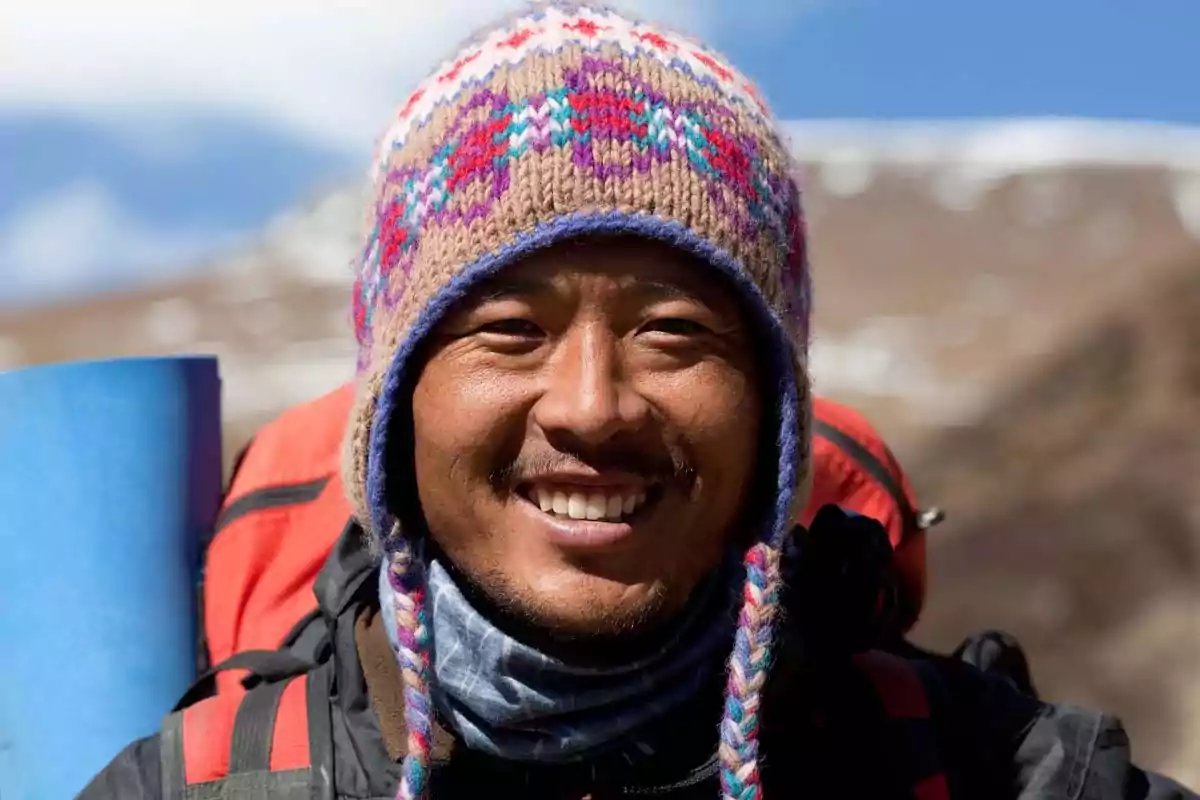
Their bodies produce fewer red blood cells than normal, avoiding complications such as altitude sickness. Their cells also process oxygen more efficiently. This evolutionary adaptation is considered a superpower by scientists.
3. The Bajau: divers with steel lungs
Known as the "sea nomads," the Bajau can hold their breath for up to 13 minutes underwater and reach depths of 70 meters (230 feet) without equipment.
What's the key? They have a genetically enlarged spleen that stores oxygenated red blood cells. When they dive, their bodies release that oxygen reserve, giving them an unparalleled evolutionary advantage.
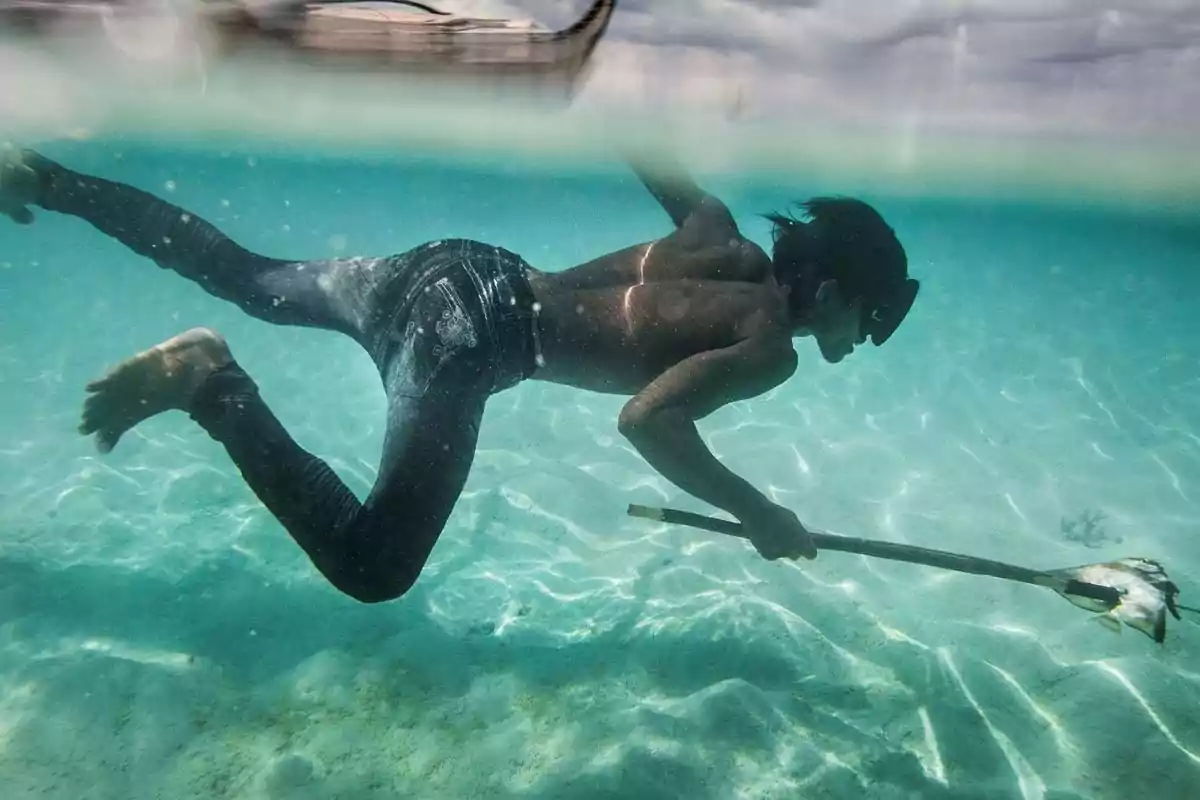
4. Isao Machii: the samurai with impossible reflexes
This Japanese master can cut bullets in midair with his sword. He is also able to react faster than the average human brain response time.
His skill combines extreme training, millimetric precision, and speed. Science is trying to understand how his nervous system executes those almost automatic movements.
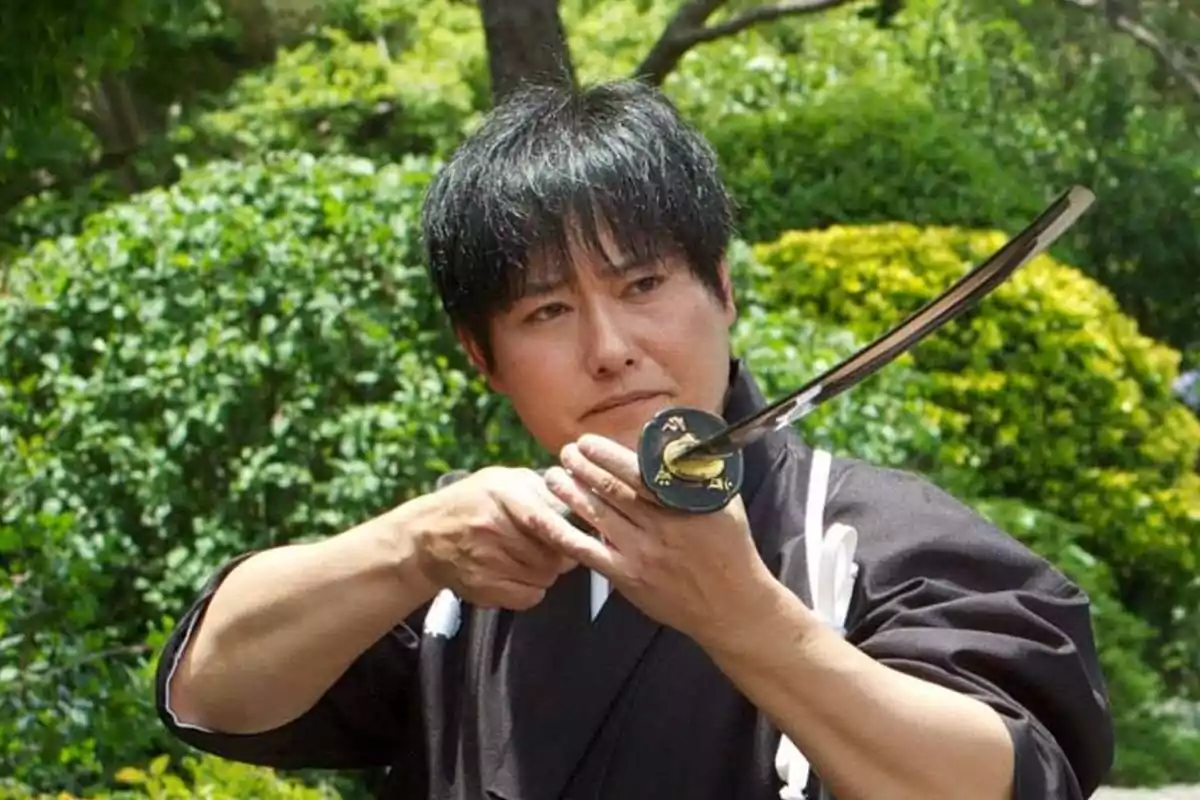
5. Mental athletes: trained superhuman memory
In memory championships, there are people who can recall hundreds of names, numbers, or cards in seconds. However, they weren't born that way: they achieved it with specific training techniques.
Recent studies show that with just six weeks of practice, anyone can multiply their memorization capacity. It's a mental superpower within everyone's reach.
More posts: